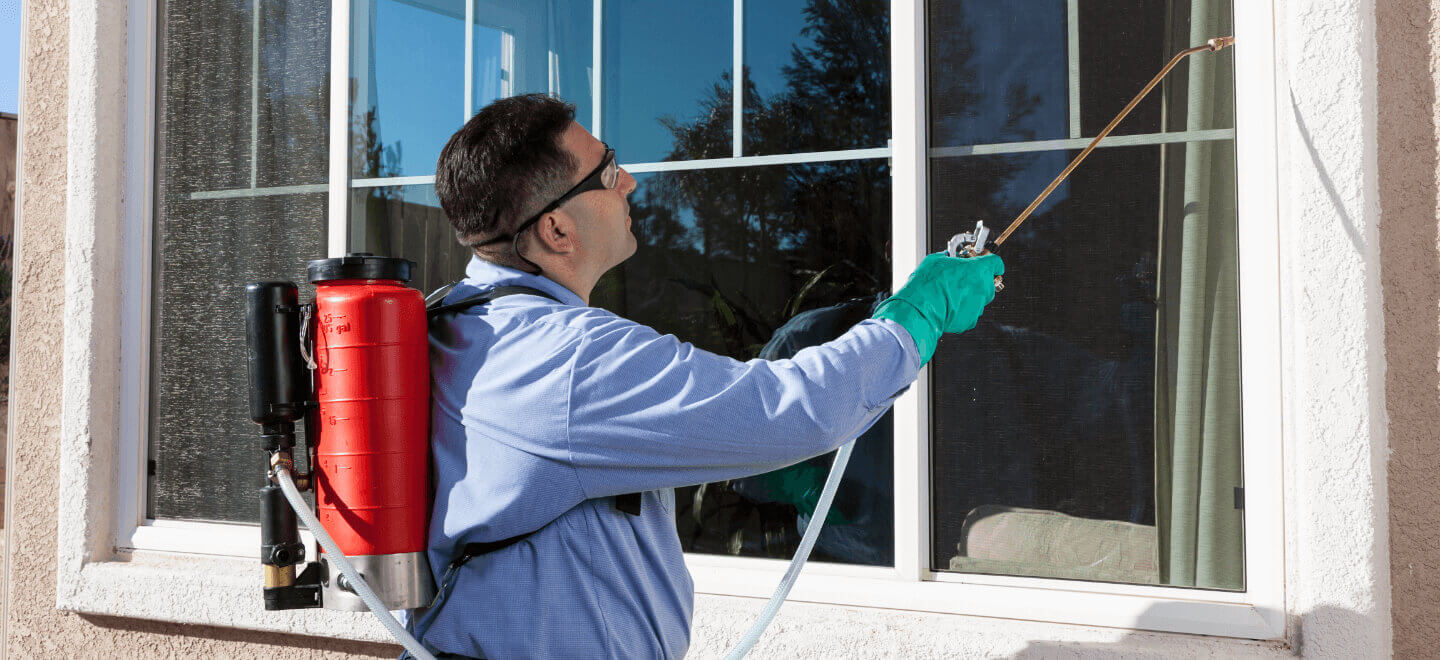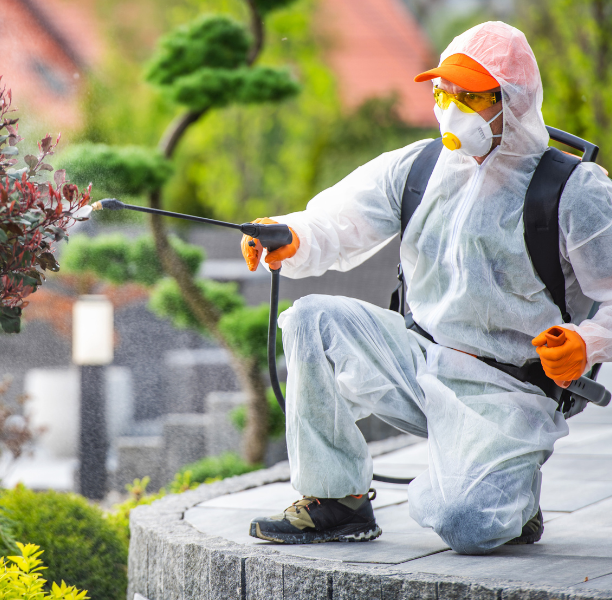Safe and Dependable Insect Control for Lasting Protection
Efficient pest administration requires a diverse strategy that balances ecological honesty with the need for efficient pest suppression. The subtleties of these methods may not be quickly clear, triggering a more detailed examination of the methods that can lead to lasting pest control outcomes.
Comprehending Parasite Control Methods
Insect control incorporates a selection of methods targeted at managing and removing undesirable pests and rodents that can threaten both health and wellness and home. Recognizing these approaches is essential for efficient bug monitoring.
The key classifications of parasite control techniques consist of mechanical, organic, and chemical strategies. Mechanical approaches entail physical barriers and traps to avoid bug access and capture undesirable varieties. Using screens on home windows or using sticky traps can significantly reduce pest populaces without presenting dangerous compounds - exterminator coquitlam.

Chemical bug control is typically the most identified method, making use of pesticides to eliminate pests. These chemicals can be reliable but have to be utilized with care to prevent adverse effects on non-target varieties and the atmosphere.
Benefits of Eco-Friendly Solutions
How can green solutions transform insect control methods? The adoption of environment-friendly bug control approaches uses numerous benefits, significantly enhancing the effectiveness and safety of insect management.

One more advantage is the favorable influence on local biodiversity. Eco-friendly remedies are created to target certain insects while preserving valuable bugs and wildlife, advertising a balanced environment. This strategy aligns with the growing customer demand for lasting methods, enhancing the online reputation of bug control companies.
Integrated Pest Monitoring Techniques
The execution of environment-friendly solutions normally causes the adoption of Integrated Bug Management (IPM) methods, which further improve pest control effectiveness. IPM is a holistic strategy that combines several tactics to handle parasite populations while lessening ecological effect. This approach emphasizes the usage of organic, cultural, mechanical, and chemical controls, making sure a well balanced and sustainable approach of insect administration.
One basic aspect of IPM is the complete analysis of pest activity and ecological problems. By monitoring bug populations and determining their life process, experts can execute targeted treatments that interfere with the pest's habitat or lifecycle, decreasing reliance on chemical pesticides. Furthermore, social techniques such as crop rotation and habitat control can substantially lessen bug facility and recreation.
An additional critical component is making use of biological control agents, such as advantageous bugs or bacteria, which can naturally reduce bug populations. When chemical applications are needed, IPM prioritizes the use of low-risk pesticides and applies them selectively, minimizing exposure to non-target organisms and humans.
Incorporating IPM techniques not only boosts parasite control performance but likewise promotes a more secure ecological community, straightening with the expanding demand for sustainable practices in pest management.
Safe Practices for Home Owners
Recognizing the value of risk-free practices in parasite control can equip property owners to successfully take care of insect issues while guarding their health and wellness and the atmosphere. Implementing preventive procedures and non-toxic approaches is vital in reducing direct exposure to dangerous chemicals.
Property owners need to first analyze their environment for conditions that bring in insects, such as standing clutter, water, and food waste. On a regular basis cleaning and sealing entrance factors can discourage bugs from invading the home. Utilizing natural deterrents, such as vital oils or diatomaceous planet, can provide reliable alternatives to chemical pesticides.
When chemical therapies are essential, house owners need to go with items that are especially classified as secure for domestic usage. It is crucial to comply with application guidelines thoroughly to stay clear of too much exposure. Utilizing targeted treatments in areas where insects are determined, rather than covering splashing, can significantly reduce chemical use.
Lastly, maintaining open interaction with parasite control specialists is essential. House owners must ask about the security of products used and request eco-friendly alternatives whenever possible. By adopting these safe techniques, home owners can develop a healthier living atmosphere while effectively managing insect issues.
Tips for Long-Term Protection
Developing a bug administration approach that stresses long-lasting protection can substantially improve the effectiveness of the secure methods previously reviewed. To attain this, home owners need to execute regular examinations of their residential property, focusing on concealed areas such as attic rooms, basements, and crawl areas. Early detection of bug activity is vital in avoiding problems from taking hold.
In addition, preserving a tidy atmosphere is important. This consists of proper food storage space, promptly cleaning up spills, and consistently throwing away garbage. These methods decrease attractants that attract insects right into the home. Furthermore, sealing access points, such as fractures around doors and windows, can efficiently obstruct potential bug access.
Landscaping ought to likewise be taken into consideration; keeping plants trimmed and maintaining a distance between plants and the home lessens concealing places for parasites. Utilizing all-natural deterrents, such as essential oils or diatomaceous planet, can further dissuade invasions without turning to severe chemicals.
Finally, working together with an expert bug control solution for regular examinations can supply an additional layer of protection. These professionals can provide tailored referrals and progressed therapies, making sure that your home stays safeguarded versus parasites in the long-term.
Final Thought
Finally, reliable and secure bug control needs a multifaceted approach that stresses green techniques and integrated insect administration. By implementing all-natural deterrents, carrying out regular inspections, and keeping appropriate sanitation, homeowner can considerably reduce parasite populations while protecting valuable bugs and the environment. Cooperation with expert pest control solutions improves the effectiveness of these approaches, making sure customized options that provide long-term protection and comfort against future infestations.
Reliable pest monitoring requires a diverse approach that balances eco-friendly stability with the demand for effective parasite suppression. The fostering of environmentally friendly bug control methods uses countless Learn More benefits, substantially enhancing the efficiency and security of parasite management.The implementation of environmentally friendly remedies normally leads to the adoption of Integrated Insect Monitoring (IPM) methods, which even more enhance insect control efficacy. exterminator coquitlam. By keeping an eye on insect populaces and identifying their life cycles, professionals can implement targeted interventions that interrupt the bug's environment or lifecycle, lowering reliance on chemical pesticides.In conclusion, reliable and risk-free pest control requires a diverse approach that highlights green methods and integrated parasite management